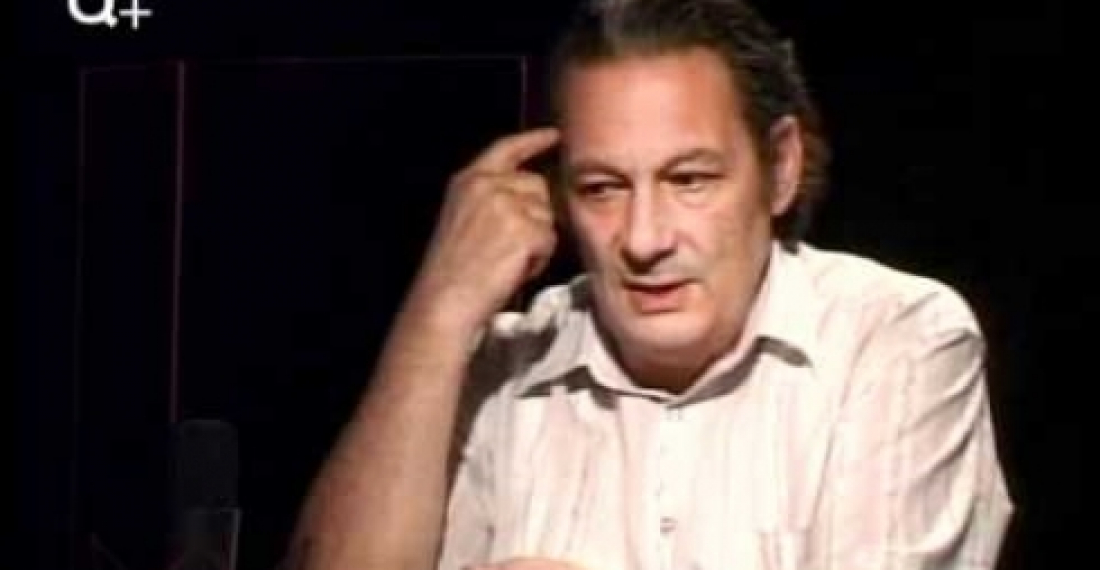Parliamentary elections in Armenia were at a high level, and international observers have confirmed that fact, the sociologist Aharon Adibekyan said in a press conference on May 8.
He said that only 3%-5% of voters sold their votes, specifically about 75.000 votes. Parties spent nearly 2.5 million dollars on voter bribery, exclusive of distribution of mobile phones and other 'donations.' The sociologist said mostly the people below the poverty level were bribed.
Adibekyan said that his forecasts regarding the elections have fully come true, with some 2% deviation. Adibekyan said that the oppositional Armenian National Congress lost its voters after reports on the illness of ANC leader, the first president of Armenia Levon Ter-Petrosyan. Nevertheless, ANC has managed to overcome the 7% threshold.
He said that the tragic incident in the Republic Square when explosion of balloons injured several dozens of people had no impact on the Republican Party's rating. Nearly 85% of RPA's electorate is its supporters and it is very difficult to influence their choice. Adibekyan touched upon forecasts of international sociological organizations. He said that to make the right forecast such organizations need to stay in the given country at least a year and study the mentality of the people otherwise their mission will fail.







